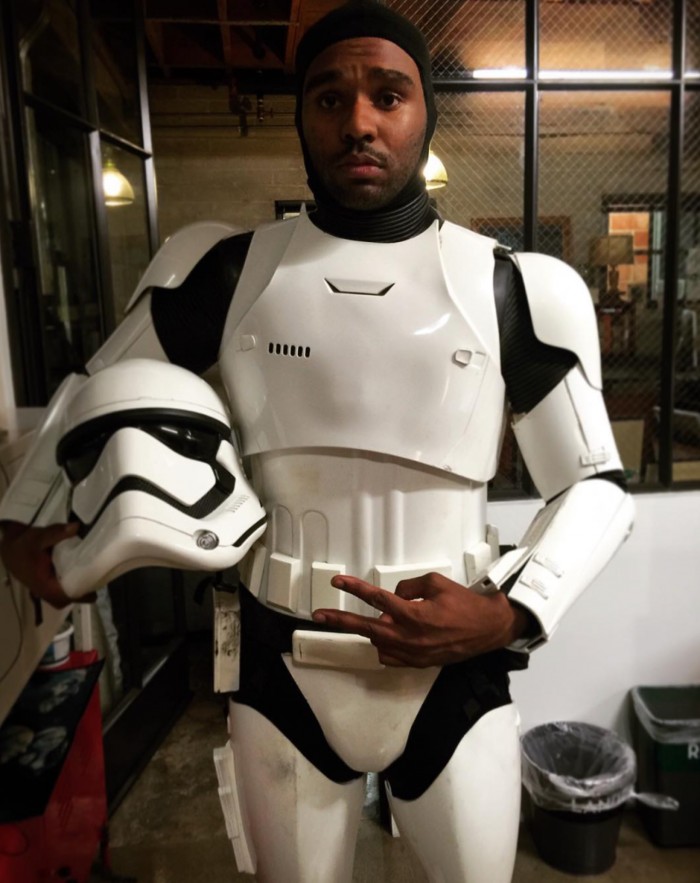'Sleight' Director JD Dillard On How He Went From Bad Robot Receptionist To Sundance Sensation
Sleight hits theaters this week, and I loved this film when I saw it at Sundance last year. A few weeks back I sat down with director J.D. Dillard for an interview. We talk about how he started as a receptionist at J.J. Abrams' production company Bad Robot, worked on Star Wars: The Force Awakens, plus how the idea of Sleight came about, the fun and horrors of shooting a film on a super small budget, and his filmmaker aspirations. We also geek out over Matt Reeves' Planet of the Apes reboots and briefly discuss his future projects: a mysterious project set up at Bad Robot, The Fly remake and his upcoming Blumhouse horror/thriller Sweetheart. We also talk about the possibility of a Sleight sequel.
J.D. Dillard: Hey, how are you? Good to see you.Peter Sciretta: I'm good, how are you? I just came from CinemaCon, next week I'm headed to Star Wars Celebration.Star Wars Celebration is already here?
It's in Orlando this year.
Dope. I love how the people inside that world just call it "Celebration," it sounds so culty. It definitely sounds borderline religious.
And you're a big Star Wars fan; you have a tattoo and everything...
[JD shows me his Boba Fett tattoo on his arm]
A little Boba Fett. I got that in London while we were there [shooting Force Awakens]. And I never put together how weird it would be to come back to set with a Star Wars tattoo. I was like, yeah, I should have waited until we were done shooting. [laughs] I look like a super dork right now with the Saran Wrap on my arm. What'd you do? You know, had to get a Star Wars tattoo right now? All right, all right, yeah. Yeah, yeah, yeah.
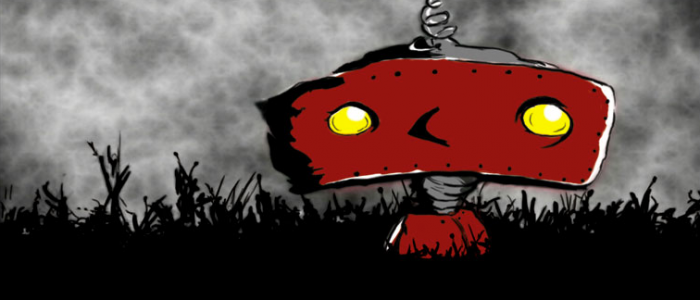 Let's start at the beginning. So you went to film school. You move out here to L.A. You got hired by Bad Robot. What were you doing there?
Let's start at the beginning. So you went to film school. You move out here to L.A. You got hired by Bad Robot. What were you doing there?
So I didn't graduate film school. Went to Syracuse for two years. Then transferred to USC out of film school 'cause I just didn't wanna be in film school anymore. And then after a semester at USC studying English, I ran out of money but had been interning at Reveille this TV production company that back in the day had The Office and Biggest Loser. So I was working in their scripted department reading a lot, learning what good writing looked like and realized that I was a bad writer. And then after I was there for a couple of years and was getting a little bit more responsibility and blah, blah, blah, realized I didn't have time to write anymore because of this job and its responsibilities, so through a friend of a friend had heard about the receptionist position at Bad Robot. And even though that was one to two career steps backwards, psychological income would skyrocket if I could get a job like that. And also–
But you were also a fan of them.
Oh, a huge fucking fan of Bad Robot. So there's that. But to just be in those halls, I was like I'll do it. So I interviewed, ended up getting that job. And the beautiful thing about receptionists is that your responsibilities end when you leave that desk. So it's not like anyone's asking you while you're at home, hey, can you still like...? No, you can't be, my job was to say Bad Robot 50 thousand times a day. And greet people and be nice and all that.
And you also get to see and talk to everybody that comes in that door.
Exactly. And I remember what was so crazy is that I started working there I think two weeks before they left for Super 8. So everybody's online freaking out, what is this, what is this? I'm like, oh cool, this is what it feels to be on the inside. This is really neat. So I was there for a few years. And then Alex my writing partner, the first pitch we ever sold was to Bad Robot. And that's when we, I took off–
Has that been made or is that being made?
That has not been made. That's just a piece of development still right now. But that was where we both sort of left our day jobs into the incredibly luxurious life of being a baby working writer.
Can you say what that is or is it in the mystery box to be locked up?
That is also in the mystery box.
Okay.
So you know how it works.
Yeah.
But so at that point, yeah, we both sort of left our day jobs to try to figure out what it meant to be a working writer. Which we realized is not easy. It's not easy.
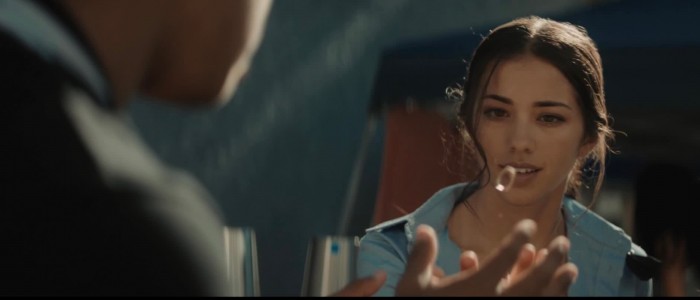 So you weren't doing this while you're working there on your time off. You quit the job and went full bore.
So you weren't doing this while you're working there on your time off. You quit the job and went full bore.
No, we set that thing up while I was still the receptionist. And within a few months, I left the desk. So...
How did the idea of Sleight come about?
So I've been obsessed with magic forever and started playing around with it when I was 12. And we wrote it as a short film three years ago. Just because we found this kind of cool, natural intersection between crime and magic. They utilize some similar skill sets. But in everything that we write, we like to infuse sci-fi where possible, so we're kind of looking for the best route into that. And the sort of telekinesis, the electromagnetic thing that we wound up with just seemed like if we're gonna shoot a movie for a price, what is a power that is not gonna be insanely expensive? He can't float, he can't fly, he can't do these other things, he's not gonna be able to glow, so telekinesis, cool, yeah, we can hang things from strings and remove the strings in post. So that's sort of where we wound up. But then also to it's always part of what I'm trying to do and tell representative stories and specifically, tell genre in different worlds and different environments. That became an important piece of the process also.
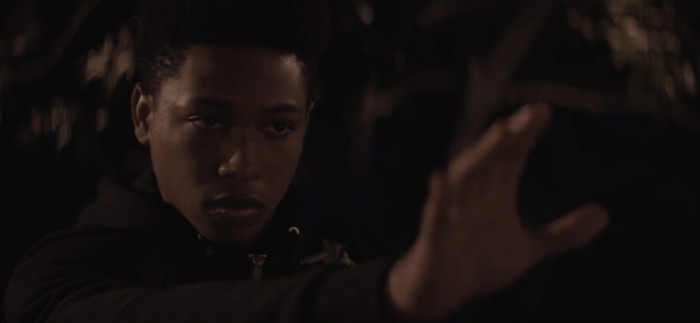 And you made this film for very little money.
And you made this film for very little money.
Tiny, six dollars, yeah.
I think people are gonna see the trailer and they see Blumhouse, and even though it's Blumhouse, Blumhouse films are sometimes made for millions of dollars. You were working with less than even a million, can you talk about that?
Yeah, we are... So we shot this movie for well.... First, I guess the disclaimer is that it is this very interesting thing that we're struggling with now in getting released because the movie does have some scale. And any time we tell people we shot this for significantly under a million dollars they are surprised. But you also don't wanna sort of curb people's expectations and diminish the scale of the movie by being like we shot it for 10 dollars. So it is this kind of interesting balance to find. But...
You know Slash Film, those film geeks love hearing—
We shot this for very, very low six figures. Barely six figures. So what that requires obviously is a lot of planning. You don't have a lot of time to shoot. We shot the movie in 16 days. And we knew what the budget was going into the process, so we were able to sort of write for what we knew our resources would be. Obviously, we wanted to push it another 15, 20 percent so there was some level of ambition to the project. But shooting that fast is not always fun.
That amount of time is what some TV shows do for one episode, right?
Yeah. I mean some and it's great that we had even someone like Dule who is used to that speed. But I think the biggest bummer in shooting a movie that quick is as a director you really wanna give your actors time. And not that they can't do it in the amount of time, but just as a professional courtesy, if they wanna do one more take because they feel like they got it 93 percent and they can give you the 100 next time, you're like well we gotta move, because we're only allowed to be here for six more minutes. Because that's all, we can afford to be here for. That always is a bummer. But I have no ego about making movies, but I would like to not be shooting eight pages a day.
Yeah, well after this I don't think you'll have to worry about that again.
That'd be so nice.
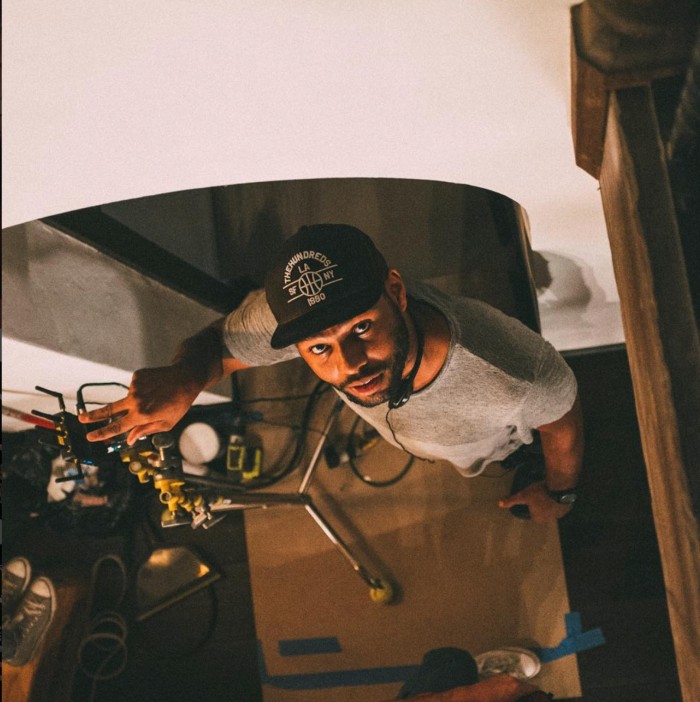 What's the craziest story you have from filming?
What's the craziest story you have from filming?
Oh, God. What is our craziest story from filming? I remember one night when we were shooting in the location that was Bo's house, a neighbor, somewhere in the neighborhood kept coming drunk to our set. And like wouldn't leave. And–
You don't have security.
No. [laughs] There's no security. The security is like the gate that sort of closes. So I just remember, and again, it's one of those things, my memories are so different on this movie than the memories of my crew because of how often they were trying to insulate me. So I wouldn't hear about what's going on. And there were so many times where I would come back into the production office or come back to crafty and a fucking movie, everyone stops talking and looks at you. And if something bad is happening, you can tell me. And that was certainly one of those nights where yeah, this guy just he was a little disgruntled and thought he could show that to us by hanging out.
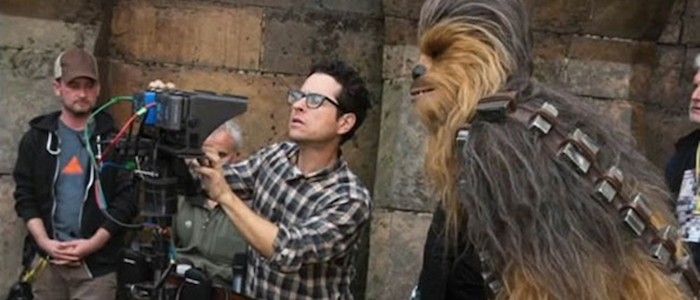 So you had worked at Bad Robot, what does that afford you on this film? When you had the script did you show it to J.J.? Do you show it to people there? Do you show the movie to them? How does that like do they help out in any way?
So you had worked at Bad Robot, what does that afford you on this film? When you had the script did you show it to J.J.? Do you show it to people there? Do you show the movie to them? How does that like do they help out in any way?
Yeah. I think the great thing about coming from that family is they're incredibly supportive. And it is one of those places; I feel like there are so many places in L.A. where you kind of have to hide what your real ambition is. And Bad Robot really values you for what your ambitions are. And trusts you and fosters that in you. So you never have to be afraid to say what you wanna do. But on top of that you just also have a really incredible network of people who can provide really great, sound feedback. We shared the script with a couple of people over there early on. We shared an early cut with some people early on. There are also sort of pockets of our crew that are people cherry picked from Bad Robot who, you know, can you help us out with this? Can you help us out with that? Again, the Sleight is not a movie that was made at Bad Robot by the people. Which is still it's something that we like to make clear. But of course, we benefited greatly from the time and intellect and talent of a lot of the people in that building. So...
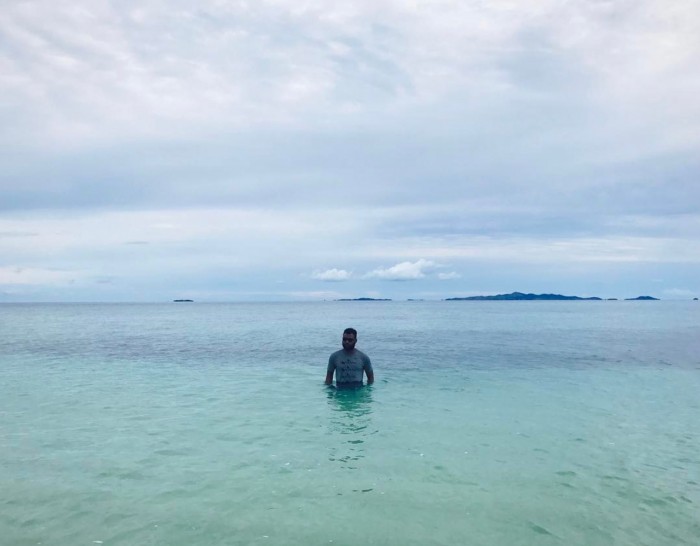 You're about to go off and do this thing that another Blumhouse movie, Sweetheart.
You're about to go off and do this thing that another Blumhouse movie, Sweetheart.
Yeah.
What is that because I don't think we've heard anything really about it.
So yeah. So we're not, and I think you'll see when we first share something about it why we're not talking about it. But it's I think in simplest terms it is a horror survival movie starring Kiersey Clemons and Emory Cohen who I'm obsessed with the both of them. And...
I loved Kiersey in Dope.
Yeah, she's in Dope, and she's on this network show Easy, and she'll be in the Justice League universe and then Emory from Brooklyn and OA among other things. But it's really in a fun way it's a very Spartan movie because of the lack of dialogue. The script is 68 pages. It is purely an exercise in tone and terror. I think just to speak about it kind of abstractly what I'm after is if I can make this whole movie feel like the leaving the border scene of Sicario, it's working. So it's a very different experience than Sleight, yet still, it's playing with some very similar pieces. But in general it's just–
Does it have a sci-fi or supernatural twist?
It's got, it's honestly it's kind of tough to say, but there are as we joke there is a plus one. There is something special about what's going on in this. So but that starts shooting very soon. So I leave for Fiji on Friday to shoot that.
That's insane. And hopefully, you don't have to shoot eight pages a day.
I don't think so. I just got the stripboard, and I don't see eight pages anywhere. Which is great. Also if we shot eight pages a day, the movie would be done in like six days.
Then you get to relax more in Fiji.
For sure.
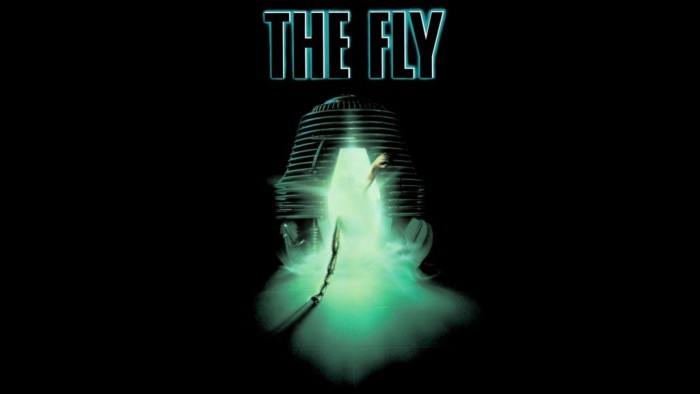 It's also been reported that you might be helming a new version of The Fly.
It's also been reported that you might be helming a new version of The Fly.
Yes.
I know that's probably still early days, but why remake The Fly that's already been remade twice? What would you bring to it?
The Fly's definitely sort of early days and still figuring out, still negotiating the deal on that. But for me and this is I guess this would be about The Fly, but this is also just about Alex and my approach to remakes. Because post-Sleight it has been the conversation. That's what a lot of the really flashy studio gigs are. But we no matter what, we want to start with a character and I think that when you look at a lot of remakes and ones that maybe haven't been as successful as others, I think oftentimes the wrong pieces are remade. And sort of having this conversation about bigger projects and IP, we really wanna make sure that we are following like a beating heart first and foremost.
We talk about Apes is one of our favorite franchise remakes, because it's incredible to see what pieces of that film are remade, which is technically not, it's technically the broad conceit is being remade. But there's a deeply emotional story that kicks you off that really carries you through the franchise and it's so weird that even when I'm looking at the trailer for the new one coming out, I can look in Caesar's eyes, and I remember the first movie. And that sensation is kind of unparalleled regarding a franchise reboot for me. But it's an incredible feeling that, man, this planet is fucked and everything is wrong, and there's war, but I can look in Caesar's eyes, and I remember the James Franco story. That's really important.
In anything that we're going after, it really is coming with that point of view. Just that we really, really let the beating heart of the story be our North Star. nd then action and fun and scale and all the other stuff is easy to pile on, but it's so funny, I've started realizing that my dream film experience is if something with scale also made me cry. And not cry for nostalgia, not cry because I remember that thing, not cry whatever, but I made this joke the other night at some Q&A. But I was like I wanna take Mike Mills' Beginners and match it with Guardians of the Galaxy. Now that technically makes no sense, but I think to just really get gutted emotionally and feel something, but then also all the pieces that you'd want from a blockbuster are there too. That's the gap that I would love to find a way to close.
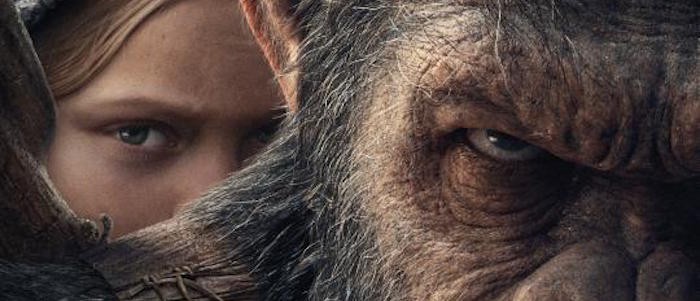 So you wanna be the mash-up of Christopher Nolan and J.J. Abrams.
So you wanna be the mash-up of Christopher Nolan and J.J. Abrams.
That would be cool. Yeah, I'm not gonna say that.
I'll say it for you.
Yeah. I'm not gonna say that, but that would be my dream.
By the way, seeing the Apes stuff at CinemaCon last week, I wonder if this film's as good as the last two this is gonna be one of the best trilogies of all time.
Dude, I...
I mean, other than Star Wars and maybe, you know...?
Yeah, but barring the most famous franchise of all time, Star Wars. I feel it. Something's happening here and again, it's Caesar is the piece. And that's wild. And again, it's a character. I think regardless of the scale, regardless of the things you can really argue that this entire franchise is about a scorned child. That's what it's about. It carries and it makes sense in the first one and it makes sense in the second one. I feel it in the trailer of the third one. So no, I'm certainly there day one for that for now.
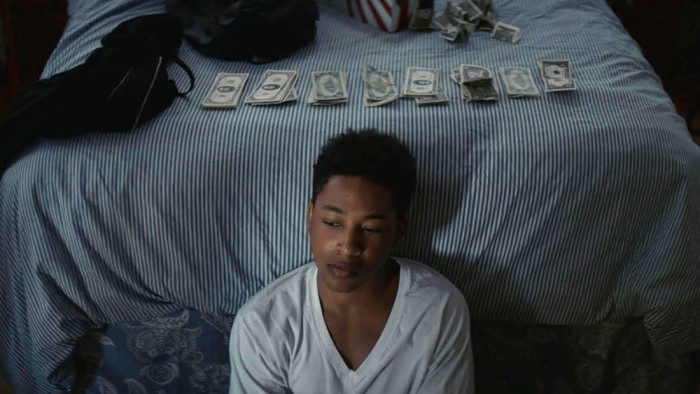 My last question is about shooting the magic in this movie. How did you approach that? I feel your film honors that world a lot more than other movies that treat magic with just CG special effects, not that your film doesn't have CG special effects, but...
My last question is about shooting the magic in this movie. How did you approach that? I feel your film honors that world a lot more than other movies that treat magic with just CG special effects, not that your film doesn't have CG special effects, but...
Yeah, yeah. I think part of our struggle in just figuring out yeah, how we're going to shoot magic was we aren't gonna be able to compete with a lot of these other movies, we will never have, we would never be able to have a trick as complex as something from Now You See Me. Just we can't afford to do that. But then also we the movie is not about magic. So I think with that, and with that, it's really about selling Bo's love for what he does and that this is a conduit of his, this is a vessel for his passion. So we wanted all the tricks in the movie to be possible. And if not possible, they're sort of shaded with 15 percent of impossibility. There is one trick that I actually don't know how I will pull off because it seems pretty close to impossible. But I think the layman audience – they will never really think about that this trick will be impossible. So...
I think it's possible, just not with the camera angle that you chose.
Exactly. Ultimately I think people look at all the scenes with magic and this really is the center of what our approach was the trick, the scenes with tricks don't end on the audience's wow face, they end on Bo. Because of you see that this is filling him up. You see that this is what he loves. So because of that, the tricks didn't have to be psychotic. It just needed to be like he's really good at this. He's really, really good at this. But making sure that since we do have a sleight science fiction component, that we keep it all under the umbrella of being pretty possible.
That end seems to set things up for more. Is there a sequel in development?
First and foremost, that moment was motivated by or at least kind of inspired by Whiplash. In that, we wanted something that was sort of visually and almost abrupt, but emotionally satisfying. I think that's a really good balance; it's a really good point of intersection to end your movie on. Because even when Whiplash ended, I wanna know literally four more minutes. I just wanna know, he's gonna wipe his, take a towel and wipe his face and they're gonna talk for a second. I just wanna see it. But that's not really gonna give me anything. I think it's much more thrilling for it to end where it ended.
Sleight is a little different in that since we are playing with a sort of science fiction element, this is the best way with our feet still firmly on the ground for the budget that we shot this movie we could sort of imply scale. Which is something Alex and I are very comfortable doing in the genre that we do. Is just okay, we're not gonna show you everything, but we can kind of hint to you how big this world can get. And how much more could be out there. So that really was what motivated us to end the film the way that we did. Would I tell another story with Bo? Absolutely. I think that there is plenty of space and plenty of story in that character and those characters and that world, but first I would love to see what the appetite is when it's released in a few weeks.Thank you very much.
Appreciate it.

